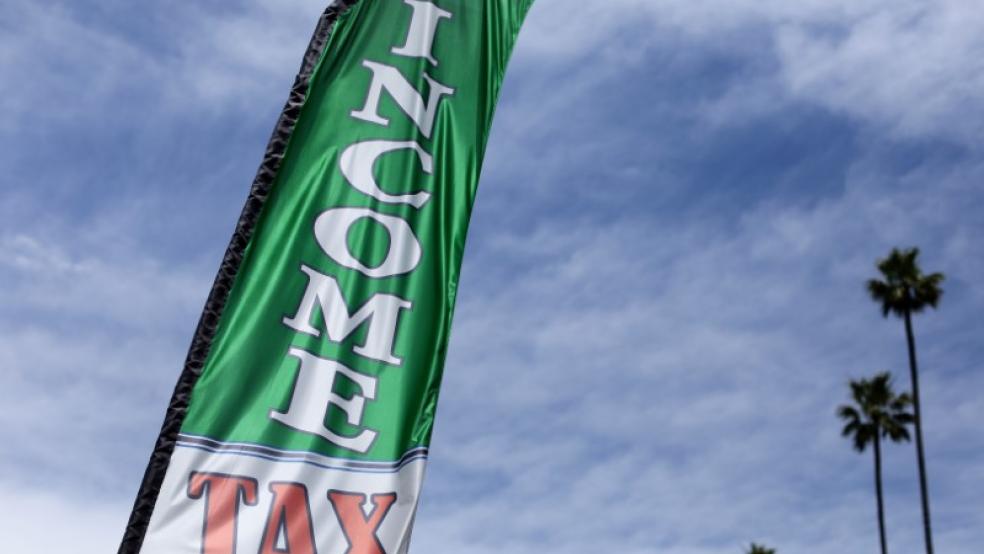The Republican-controlled U.S. Congress was approaching a major test on Thursday of its ability to overhaul the federal tax code, as lawmakers prepared for their first full-scale vote on sweeping tax legislation.
Republicans in the House of Representatives were expected to take up their own bill to cut tax rates on corporations, small businesses and individuals after an 11:30 a.m. meeting with President Donald Trump, who wants to sign a tax reform package into law before year end. House leaders say they are optimistic about mustering the votes to approve the bill.
But the president’s tax reform hopes have begun to encounter resistance in the Senate, where a separate Republican tax measure has come under fire from Republican lawmakers, including Senator Susan Collins, who helped scuttle the Republican Obamacare repeal effort earlier this year.
Senate Republicans have made the politically risky decision to tie their tax plan to a repeal of the individual mandate in former Democratic President Barack Obama’s signature Affordable Care Act, exposing the tax initiative to the same political forces that wrecked their anti-Obamacare push.
Tax cuts are seen by Republicans as critical to their prospects of retaining power in Washington in the November 2018 congressional elections. So far, Republicans and Trump have no major legislative victories from 2017 to show voters despite controlling the White House and Congress.
“The American people have waited years for a fair, simple, and competitive tax code. Right now, in this moment, we stand on the doorstep of delivering,” House Ways and Means Committee Chairman Kevin Brady said during the House tax reform debate.
House and Senate Democrats have condemned both tax plans as a giveaway to the wealthy and U.S. corporations, pointing to analyses showing that millions of Americans could end up with a tax hike because of the elimination of popular deductions.
“This is not a tax plan. This is a tax scam,” said Representative Maxine Waters, a California Democrat.
The main challenge facing Republicans remains the 100-seat Senate, where they can lose no more than two seats from their 52-48 majority if they hope to enact tax reform.




